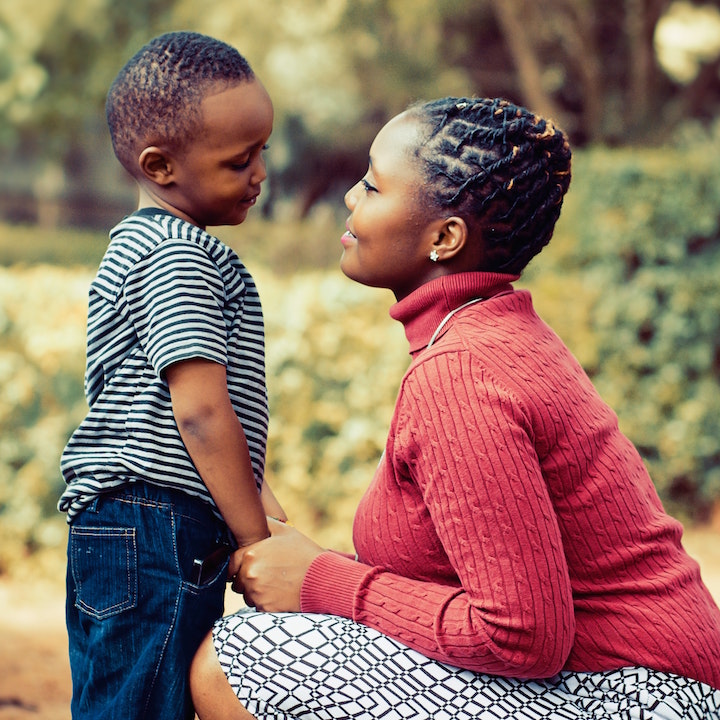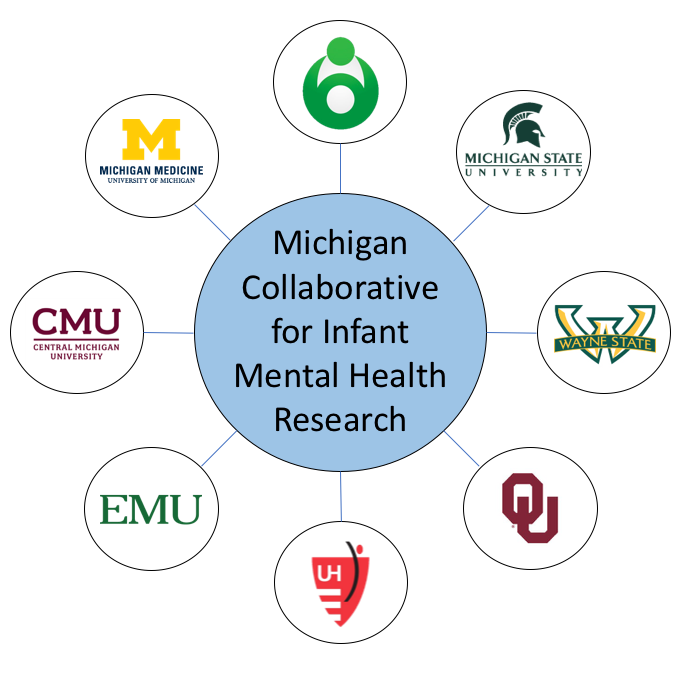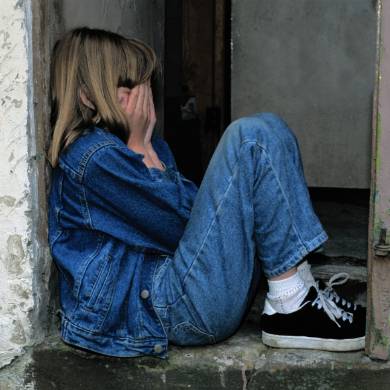Current Projects
The Early Life Stress and Self-Regulation Study


The Early Life Stress and Self-Regulation (ELSSR) Study is an NIH-funded project examining the emergence of children's capacity to control their behavior, attention, and emotions over the preschool years. We are recruiting families with children ages 36-59 months from Ypsilanti and surrounding areas. We visit their homes and observe how they interact, measure the child's budding self-regulation, and ask parents to complete a number of questionnaires. We are also collaborating with Dr. Angela Staples and the Sleep and Social Development Lab to examine how sleep affects these behaviors. We plan to follow these families longitudinally to examine the development of self-regulation over time. We hope to learn what factors promote resilience in children so we can inform interventions.
Students in the lab are involved in recruiting participants, collecting data from families at home visits, and entering and coding data. Students who have contributed to the lab for at least one semester also have the opportunity to use the data to submit to a conference or contribute to a manuscript.
Infant Mental Health Home Visiting Evaluation Project


The Infant Mental Health Home Visiting Evaluation Project is a multi-site collaboration led by Zero to Thrive at the University of Michigan that aims to examine the effectiveness of Michigan's infant mental health home visiting program. In our lab (along with Dr. Holly Brophy-Herb's lab at Michigan State and Dr. Alissa Huth-Bocks at University Hospitals) we are using speech samples and videotaped interactions of parents and children to code parental mind-mindedness, or the capacity for a parent to ascribe thoughts, desires, and emotions to their children that may be different from their own. We are interested to see how parental mind-mindedness is related to other parenting factors and child outcomes, as well as how mind-mindedness might change overtime as a result of the intervention. We are also examining how social support might play a protective role for parents under stress.
Students in the lab are involved in transcribing and coding videotapes, and may have the opportunity to analyze the data once the project is complete.
Past Studies
Predictors of Child Psychopathology and Resilience Study


In collaboration with Kate Fitzgerald, Kate Rosenblum, and Maria Muzik at University of Michigan, the Predictors of Child Psychopathology and Resilience Study worked to determine the early antecedents of children's internalizing and externalizing problems. Families with preschool-aged children visited the lab and completed a number of tasks looking at their development, including their self-regulation. We also measured their brain activity using EEG and assessed their stress reactivity by collecting cortisol. We then followed up with the families 1–2 years later. Parents and children reported on the child's symptoms and functioning, and children completed a number of behavioral tasks. We continue to analyze data from this study to learn more about what predicts which children will go on to have behavioral and emotional problems so we can ultimately prevent such problems before they occur.
